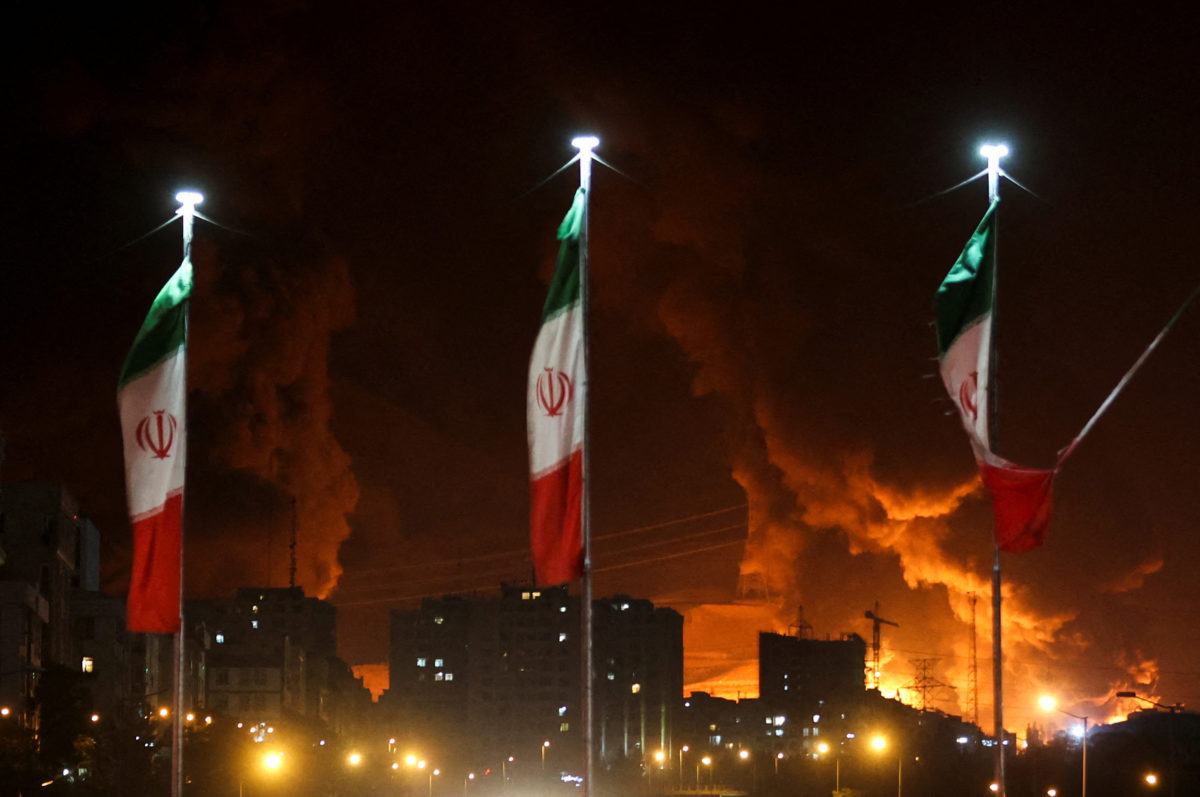
Wang Zhen, Professor and Deputy Director, Institute for International Relation Studies, Shanghai Academy of Social Sciences
Jul 21, 2025
The answer will depend on whom you ask. But one thing is certain, the attacks by Israel and the United States on Iran’s nuclear facilities did not advance the cause of peace in the Middle East. They only added to suspicions and made a resolution more difficult to attain
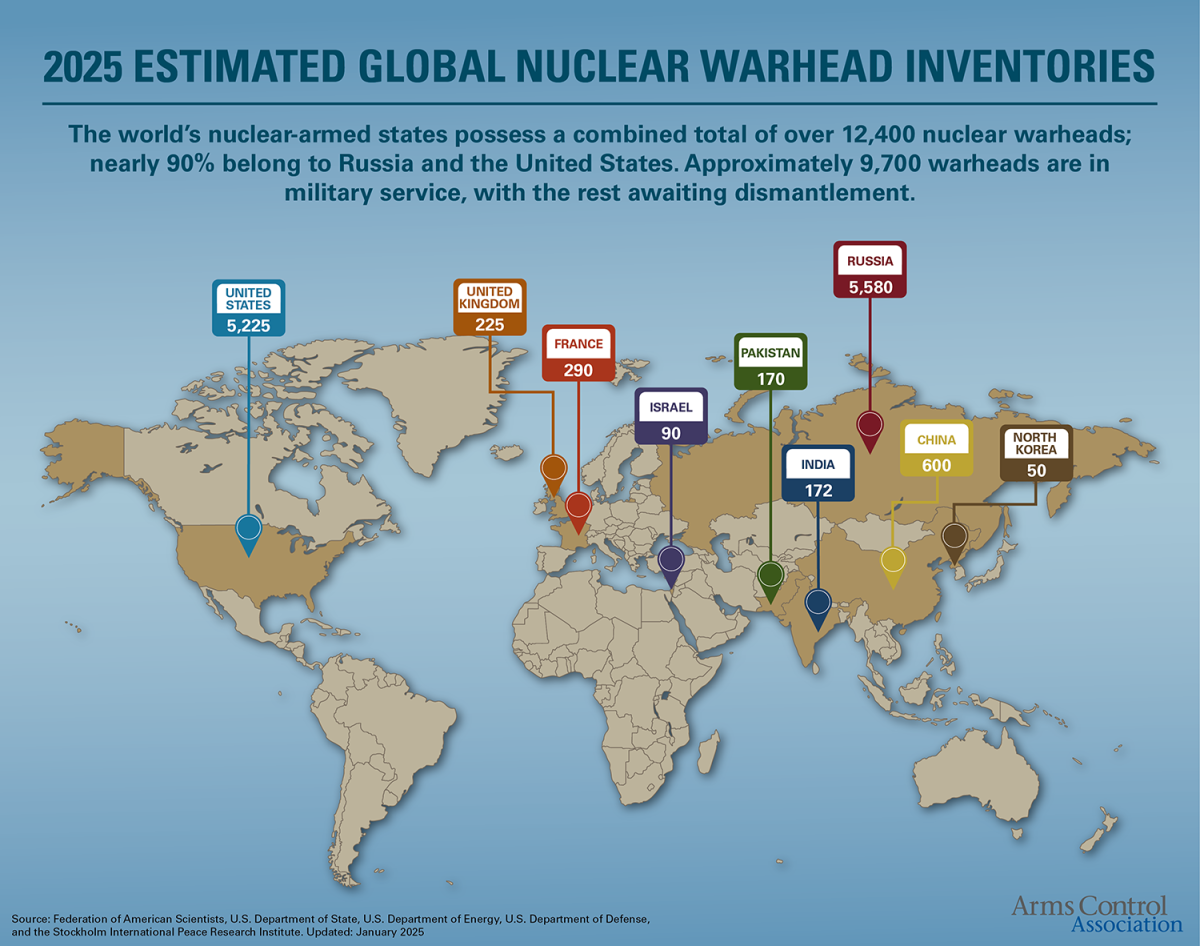
Mohamed ElBaradei, Director General Emeritus, International Atomic Energy Agency; Nobel Peace Prize Winner
Jul 09, 2025
In 1966, the United States, the Soviet Union, the United Kingdom, France, and China not only were the only countries that possessed nuclear weapons; they also had enough wisdom to recognize the dangers posed by nuclear proliferation. Despite their many and deep political differences, they arrived at a consensus to halt the further dissemination of “nuclear weapons or other nuclear explosive devices.”
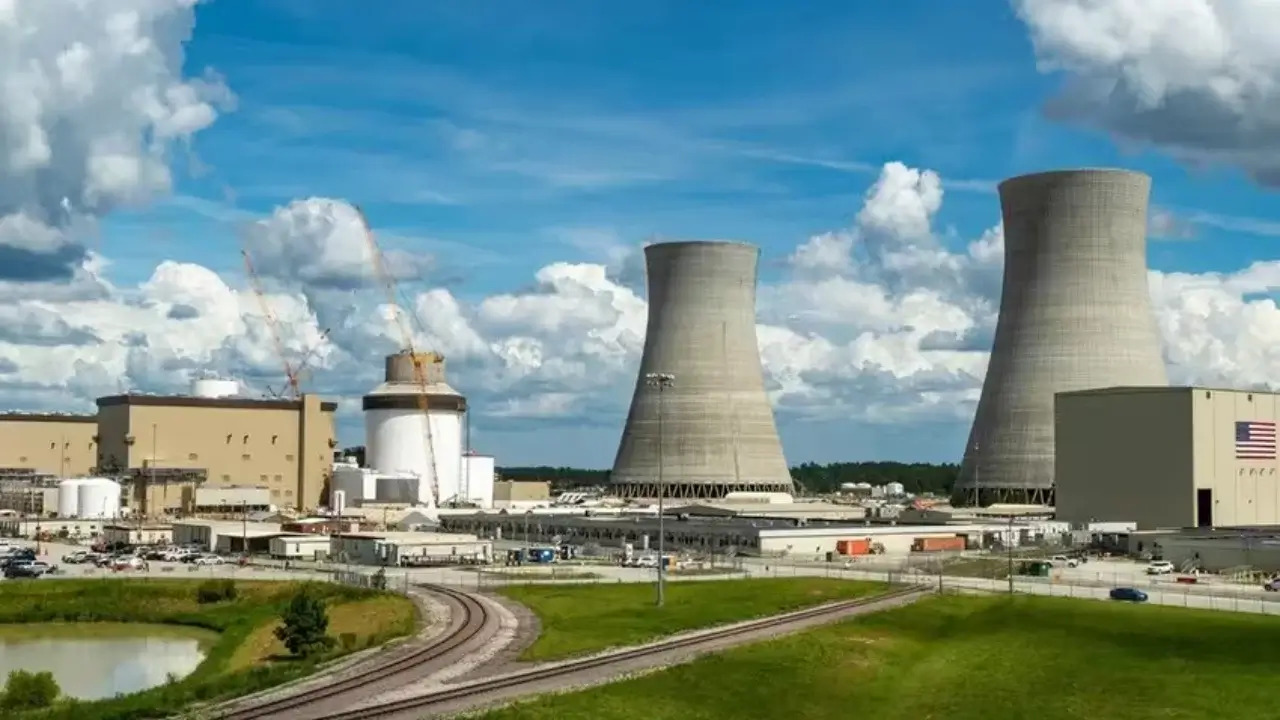
Fan Gaoyue, Guest Professor at Sichuan University, Former Chief Specialist at PLA Academy of Military Science
Jun 17, 2025
America sees itself as a global leader. So one might hope that it would take the lead in ratifying the Comprehensive Test Ban Treaty ending nuclear testing and promise “no first use” of nuclear weapons in armed conflicts. But Trump does not seem to headed in that direction.
Joseph S. Nye, Professor, Harvard University
May 02, 2025
Eight decades have passed since the energy contained within an atom was used in warfare. Yet rather than suffering nuclear Armageddon, the world has achieved a surprising nuclear stability – so far. Equally remarkable, while nuclear technology has spread to many countries, only a small fraction have chosen to use it to develop weapons. The world has benefited from an effective nonproliferation regime, a set of rules, norms, and institutions that have discouraged – albeit haltingly and imperfectly – nuclear proliferation. But can it survive an era of rapid geopolitical shifts?
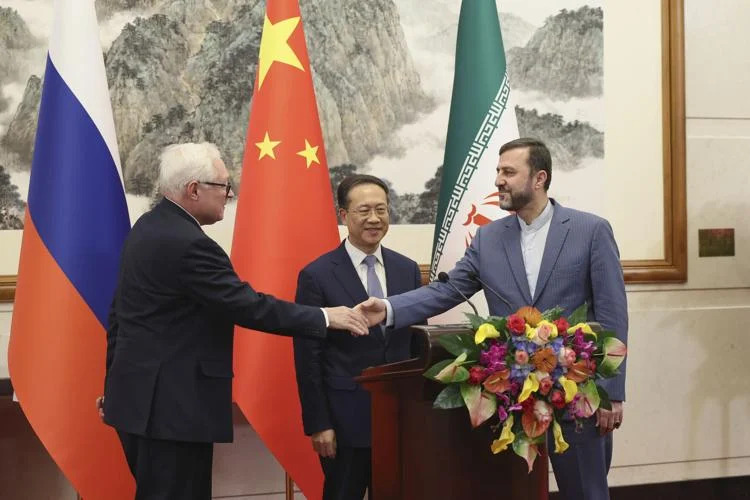
He Wenping, Senior Research Fellow, Charhar Institute and West Asia and Africa Studies Institute of the China Academy of Social Sciences
Mar 20, 2025
The three-way meeting in Beijing stood out for its effort to clarify the historical context of the Iranian nuclear issue and to present impartial, fair and equitable demands to all parties involved.
Zhu Junwei, Director, Center for American Studies, Grandview Institution
Dec 24, 2024
It’s no longer just a movie: The risk of a nuclear accident, mistake or blunder that escalates into war is a tangible reality. U.S.-China engagement is urgently needed and could produce more stability and sustainability than many other areas of cooperation in the face of new and evolving nuclear risks.
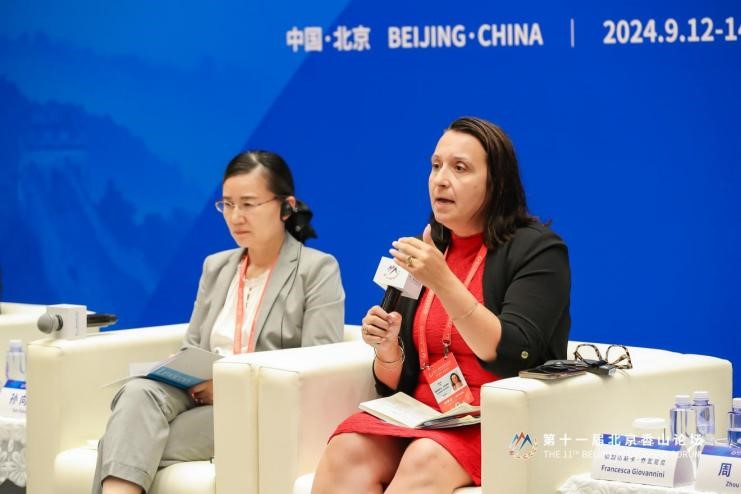
Nov 08, 2024
Francesca Giovannini is executive director of the Project on Managing the Atom (MTA) at the Harvard Kennedy School’s Belfer Center for Science & Internati
Li Yan, Director of President's Office, China Institutes of Contemporary International Relations
Sep 27, 2024
When a major country moves unilaterally to increase its own security, it triggers a greater sense of insecurity in others. The recent move by the United States to adjust its nuclear response strategy is having exactly that effect, along with a return of Cold War thinking.

Richard Weitz, Senior Fellow, Hudson Institute
Sep 06, 2024
Nuclear deterrence has been a defining characteristic of international security for nearly a century now. Already having weathered one Cold War, could China push the U.S. over the edge towards an all-out arms race in the 21st Century?
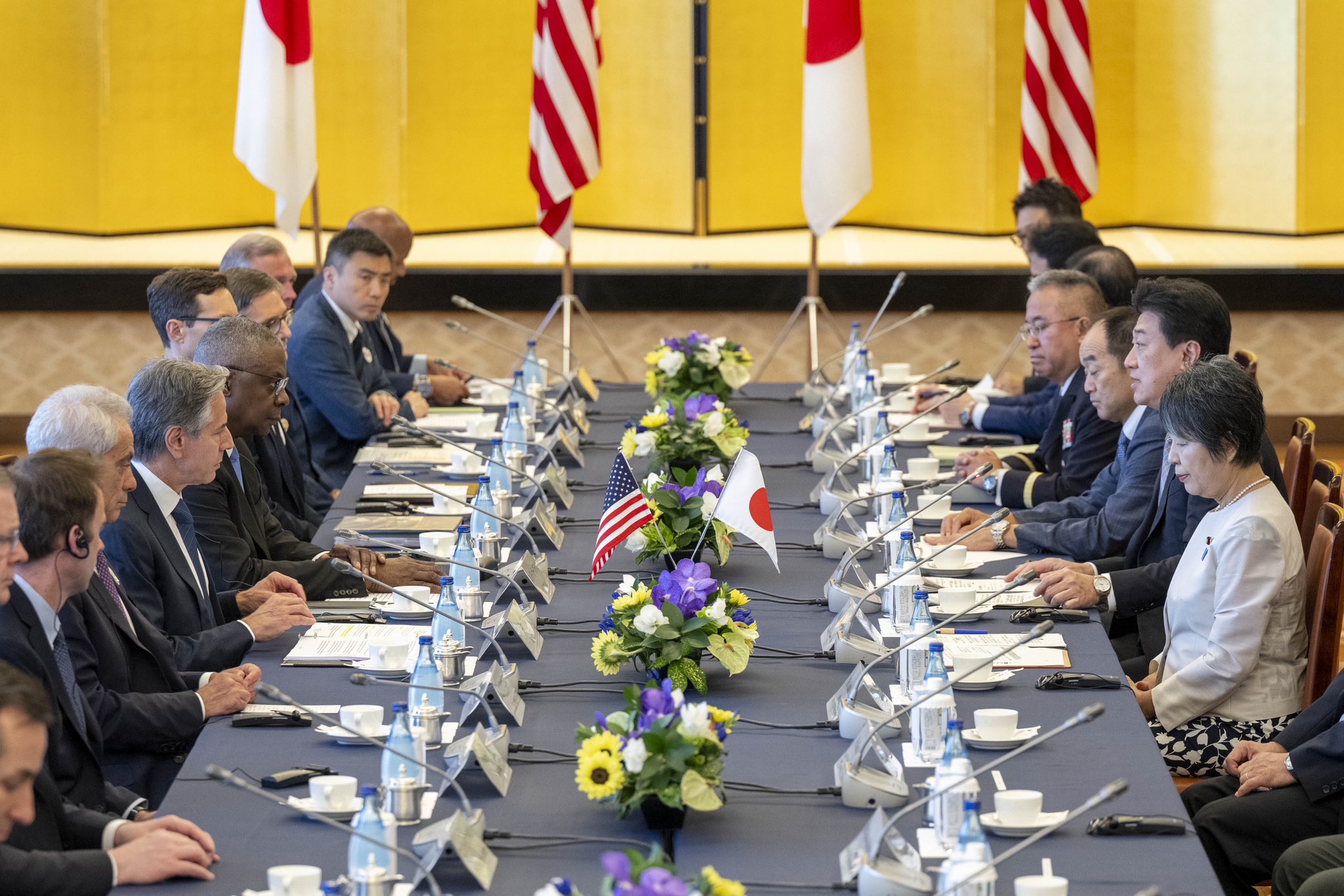
Zhang Yun, Professor, School of International Relations, Nanjing University
Aug 14, 2024
Tokyo has questioned the reliability of U.S. nuclear protection and has put the issue high on the agenda. Lasting peace in East Asia, however, cannot be achieved simply through nuclear power. The way forward is to focus on common security efforts and include all parties in the discussion.
Back to Top

- China-US Focus builds trust and understanding between the U.S. and China through open dialogue among thought leaders.
- Our Offerings
- Topics
- Videos
- Podcasts
- Columnists
- Research Reports
- Focus Digest
- Stay Connected
-
Thanks for signing up!
- Get the latest stories from China-US Focus weekly.